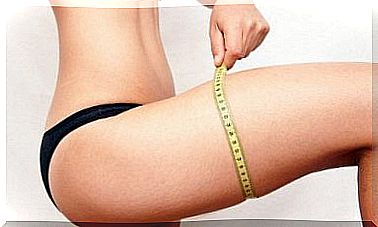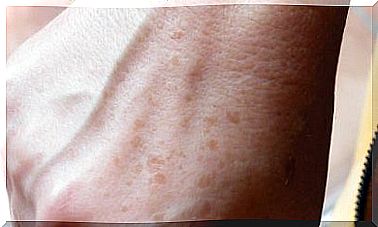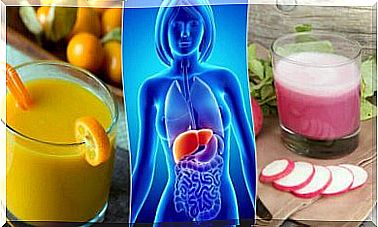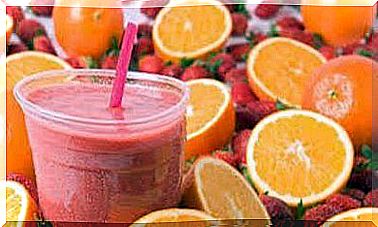The Seven Best Sources Of Vegan Protein
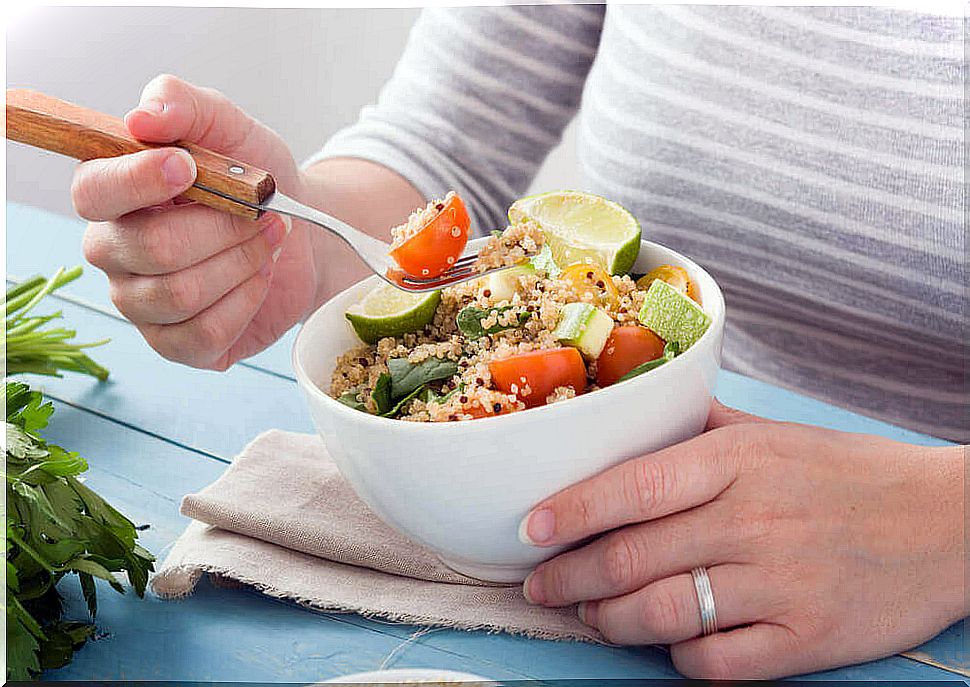
Many people want to learn more about vegan protein sources because it’s a widely held belief that you can’t get enough protein without eating meat and animal products.
While a vegan diet is inherently strict, it’s good to know that it can be healthy. That’s why you need to know what you can use to replace animal products.
Protein is one of the nutrients your body needs to do its job. Protein is part of tissues and organs that play a role in digestion, circulation and the formation of muscle mass.
In fact, foods containing protein are an important source of energy. It optimizes, among other things, physical performance and concentration. So what are the best sources of vegan protein? We explore seven options you can add to your diet.
Sources of Vegan Protein You Should Add to Your Diet
Who says you have to eat meat to get enough protein in your diet? While many animal products contain a lot of it, there are many vegan protein sources that can provide a similar amount.
These foods are lower in calories and also contain essential amino acids. Plus, they’re very filling and can help you maintain a healthy weight without breaking the rules of a vegan diet.
1. Soy and tofu
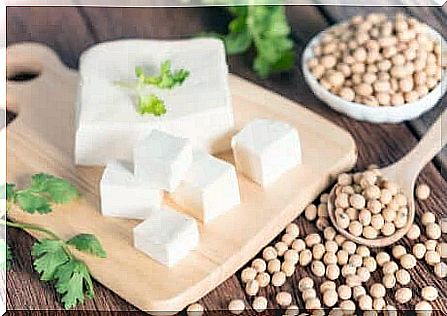
The high protein content of soy and tofu makes them exceptionally good vegan protein sources. Each 100 gram serving contains approximately 37 grams of high biological value protein and very low in saturated fat.
Other soy products such as tempeh and soy burgers are also good options. They provide very important nutrients such as calcium and iron.
2. Quinoa
Quinoa is definitely a favorite for those following a vegan or vegetarian diet. Each cup of cooked quinoa contains between 17 and 18 grams of plant-based protein and a high amount of vitamins, minerals and carbohydrates.
Eating quinoa regularly can help lower cholesterol levels and the risk of diabetes. It is also used for weight loss because it is low in calories.
3. Seitan
Often referred to as “vegetarian meat,” seitan is made from wheat gluten. It’s a major source of vegan protein, with each 100-gram serving containing about 20 grams. It is healthy, low in calories and contains no cholesterol or harmful fat. Still, it’s best to eat it along with other grains to avoid deficiencies.
4. Legumes
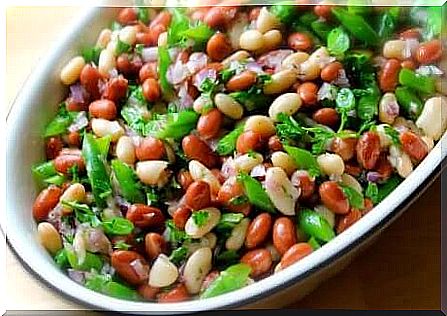
No one can deny that legumes play an important role in many diets. They not only contain proteins for vegans, for example, but also:
- iron
- zinc
- magnesium
The combination with whole grains is a great way to give your body the amino acids it needs. The amount they contain is comparable to meat and other animal products. For example, a cup of lentils contains up to 18 grams of protein.
Other recommended legumes are:
- beans
- chickpeas
- soybeans
5. Chia seeds
Don’t judge chia seeds by their size. While it may be hard to believe, they are a great source of things like:
- vegetable proteins
- omega 3 fatty acids
- fiber
- antioxidants
They are 14% protein (4 grams per two tablespoons), making them ideal in any vegan meal.
6. Spinach
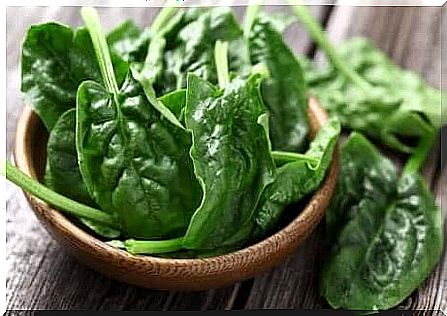
Those looking for vegan protein will be happy to read that spinach also contains a significant amount. This delicious green leafy vegetable contains about 5 grams, and also the following nutrients:
- vitamin A
- calcium
- iron
- zinc
7. Nuts
Nuts are a basic part of a vegan or vegetarian diet. They provide a lot of energy due to their high calorific content. In addition, they are full of nutrients such as proteins and fatty acids.
Each handful contains between 5 and 7 grams of protein. Nuts are also an excellent source of omega 3, calcium and antioxidants, which are great for your brain and heart.
Are you worried that you’re not getting enough protein by going vegan? As we have already mentioned, there are many vegan foods that contain protein. Try adding them to your meals and give your body all the protein it needs.
